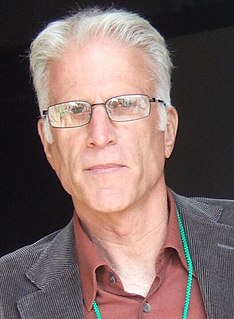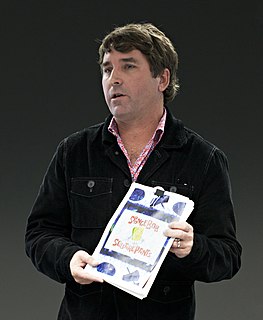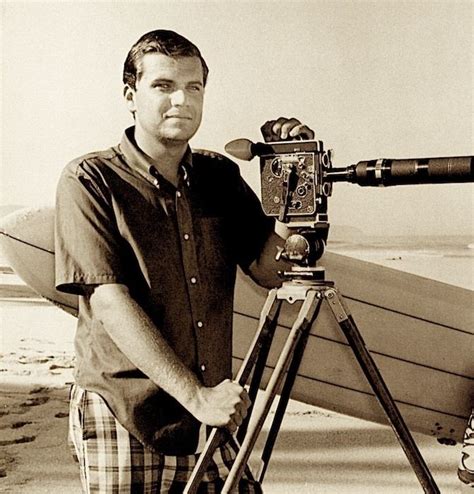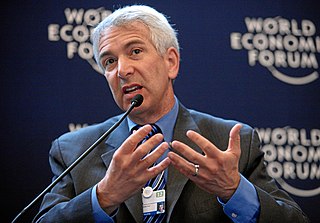A Quote by Ted Danson
The industrial way we fish for seafood is harming the marine habitats that all ocean life depends upon. Indiscriminate commercial fishing practices that include miles of driftnets, long lines with thousands of lethal hooks and bottom trawls are ruining ocean ecosystems by killing non-seafood species, including sea turtles and marine mammals.
Related Quotes
Don't eat shrimp - it's one of the most unsustainable fish. For every pound that's caught, 10 or 20 pounds of other stuff is killed and dumped back overboard. It's the number one killer of juvenile sea turtles in Mexico. Two good sustainable seafood guides that I'd recommend are from the Monterey Bay Aquarium and the Blue Ocean Institute.
When whales die, their bodies sink to the bottom of the ocean and over time become part of the marine sediment layer, where they can sequester the carbon dioxide they have accumulated during their life span, an average of 33 tons for a great whale species, keeping it out of the atmosphere for hundreds or thousands of years.
Large factory trawlers indiscriminately scrape and haul up everything from the ocean floor, along with everyone unfortunate enough to get caught in the nets. Roughly one-third of what is dragged in is not profitable fish, but other sea animals, including turtles, whales, dolphins, seals, and seabirds. These beings are referred to by the fishing industry as "by-catch." Severely traumatized and wounded, these animals are subsequently thrown back into the ocean, dead or dying.
Coral reefs, the rain forest of the ocean, are home for one-third of the species of the sea. Coral reefs are under stress for several reasons, including warming of the ocean, but especially because of ocean acidification, a direct effect of added carbon dioxide. Ocean life dependent on carbonate shells and skeletons is threatened by dissolution as the ocean becomes more acid.
A Marine is a Marine. I set that policy two weeks ago - there's no such thing as a former Marine. You're a Marine, just in a different uniform and you're in a different phase of your life. But you'll always be a Marine because you went to Parris Island, San Diego or the hills of Quantico. There's no such thing as a former Marine.
If we return abruptly to a Miocene-like climate, it's reasonable to think that we would experience a lot of extinctions, and maybe even a mass extinction in the long term. Would the life on Earth be radically different? Of course we can't say for sure, but I think a lot of it would look familiar. Like a lot of people, I worry a lot about whether marine mammals would survive, especially whales. Ocean acidification is one of the major killers in climate change events, and that makes the ocean a very inhospitable place.
All consumption should be local. No food products need to be transported over hundreds of miles to market. All commercial fishing should be abolished. If local communities need to fish the fish should be caught individually by hand. We need to stop flying, stop driving cars, and jetting around on marine recreational vehicles.
I like seafood in general. I feel when you have really good quality Canadian seafood; you don't really need to do much to it. It's just some of the best in the world. It also has this kind of briny, salty quality to it, that you don't have to season much. You can use the natural flavours of the ocean to your benefit.



































